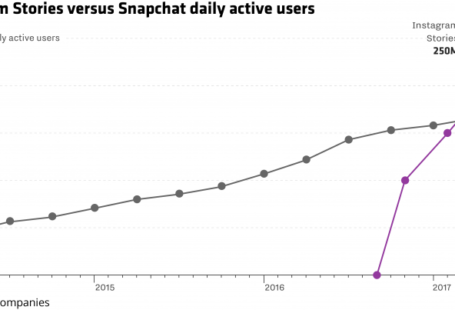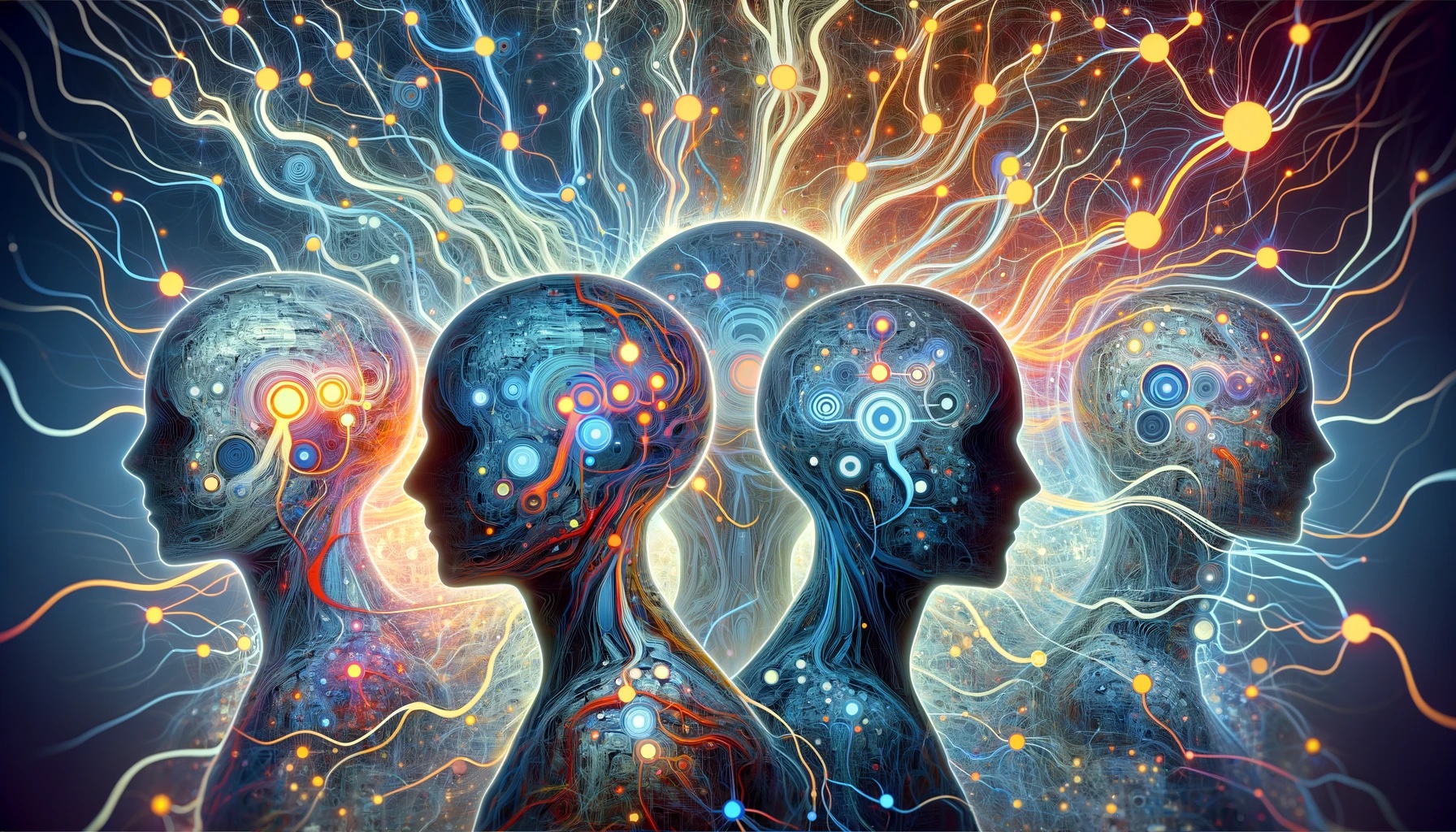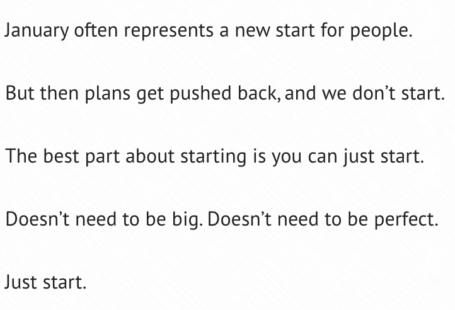As humans, we don’t just see the world, we interpret it. We can witness the same event, stand in the same room, read the same words, and yet walk away with entirely different conclusions. That’s not a flaw in our cognition. That’s the feature.
Our lived experiences act as filters, shaping how we process reality. No two people have walked the exact same path, so no two people can ever fully see the world in the same way. The more we try to force uniformity of thought, the more artificial it becomes, stripping away the very thing that makes us uniquely human.
We often talk about intelligence as the ability to process vast amounts of information. But intelligence alone isn’t enough. True wisdom comes from integrating multiple perspectives, holding contradictions, and navigating the chaos of human thought without reducing it to a single narrative. The plurality of perspectives is not just a byproduct of our nature, it is our greatest evolutionary advantage.
The Illusion of a Single Truth
In an era of algorithms, echo chambers, and hyper-curated feeds, there’s an increasing pressure to collapse complexity into certainty. But the more we reduce things to a singular truth, the more we lose the richness of interpretation. We don’t need more uniformity. We need better ways of navigating divergence.
Even AI, with all its computational power, is still a long way from truly grasping this. A sufficiently advanced intelligence might eventually simulate every possible perspective, find patterns in the chaos, and map the connective tissue between seemingly unrelated viewpoints. But even then, would it truly understand?
There’s something about being human, about existing within the messiness of lived experience, that can’t be replicated simply by processing more data. We don’t just compute. We feel, we reflect, we contradict ourselves. We change.
The God Perspective
Many religions describe divinity as an omniscient being, one that can see and understand all perspectives at once. Not just physics, not just logic, but the minds of every living thing. The mastery of all beings, rather than mastery of all matter. Because ultimately, the only things that can interpret the universe are the beings experiencing it.
If we follow that line of thinking, then the closest thing to omniscience isn’t just having more knowledge… it’s the ability to see through every possible lens, to hold all truths, all contradictions, all paradoxes, and still make sense of them. That’s what AI is still chasing. And that’s what we, as humans, do every day, without even thinking about it.
So the next time we find ourselves at odds with someone’s interpretation of the world, consider this: The friction isn’t the problem. It’s the process.
The differences aren’t a flaw, they’re the foundation of something much greater. The more perspectives we bring to the table, the closer we get to seeing the full picture. Our differences might eventually become our greatest strength (assuming the varying views lead to extremes that destroy us…)


